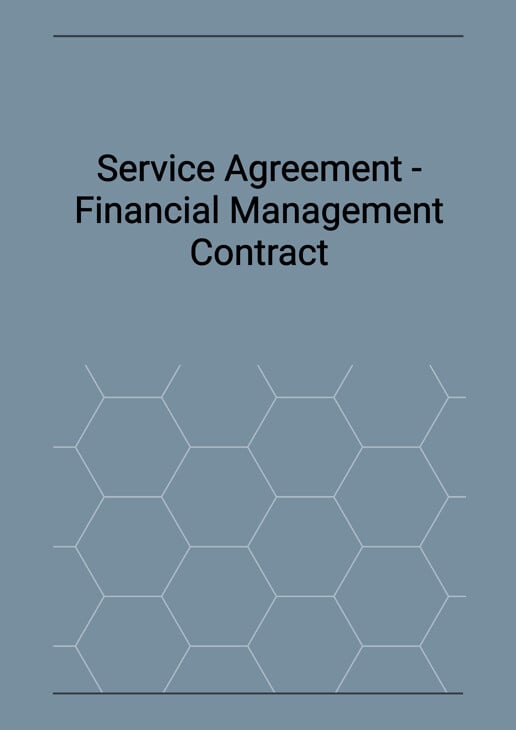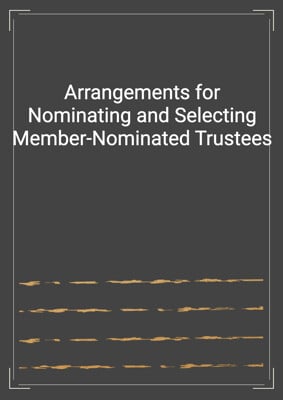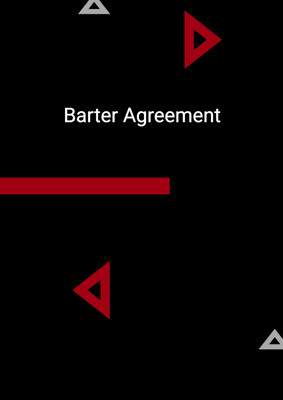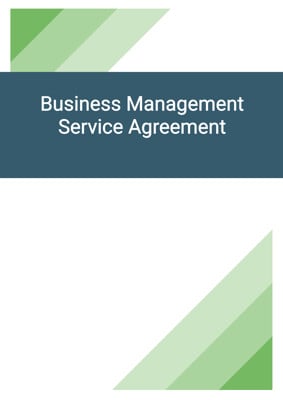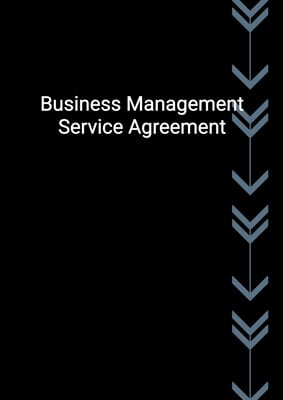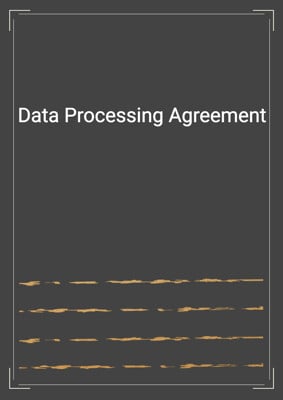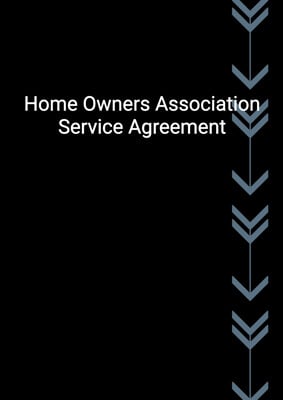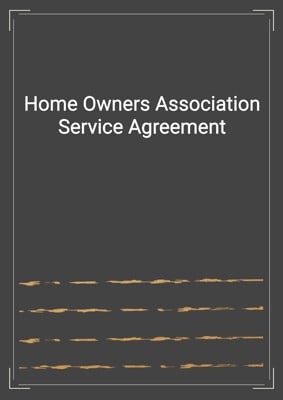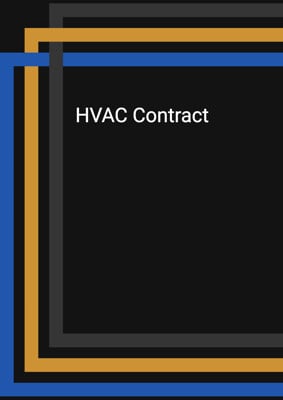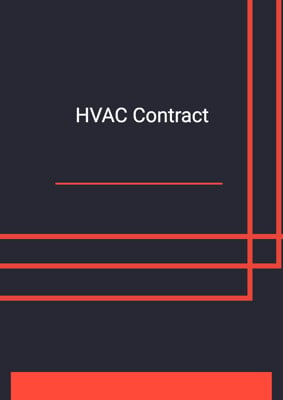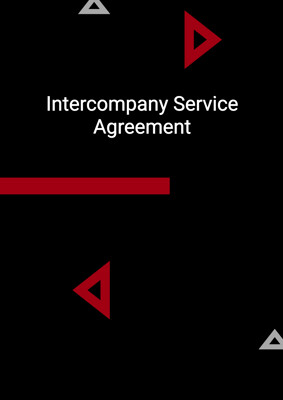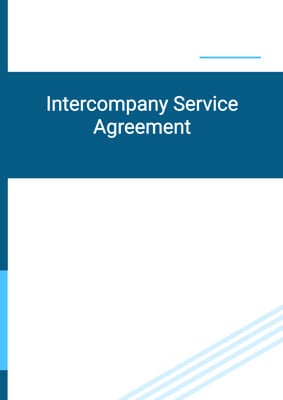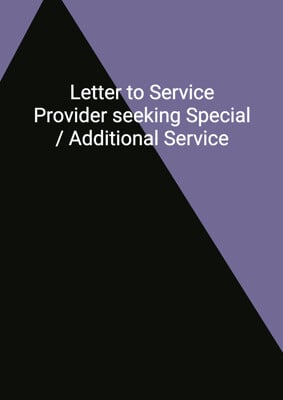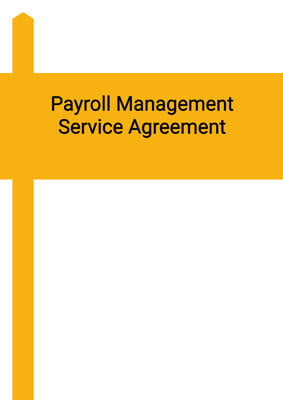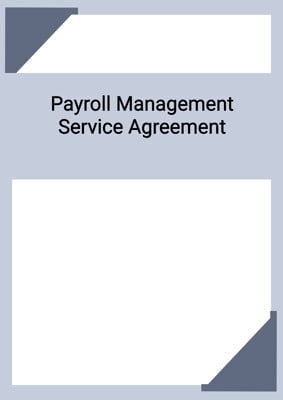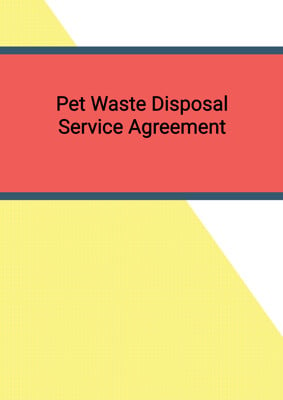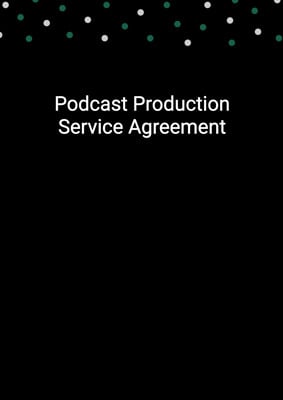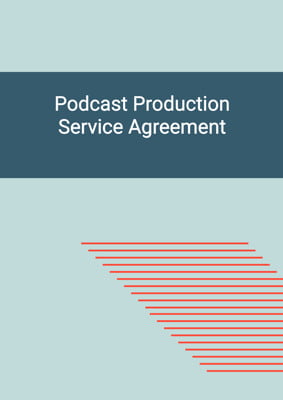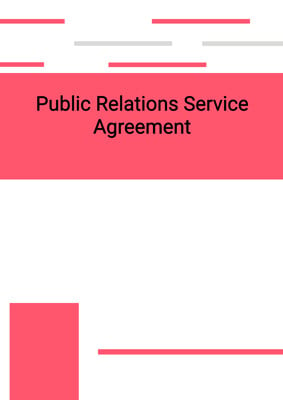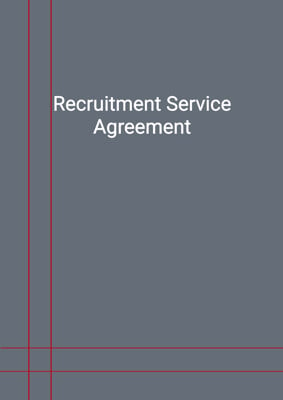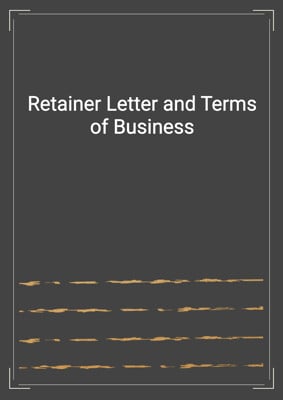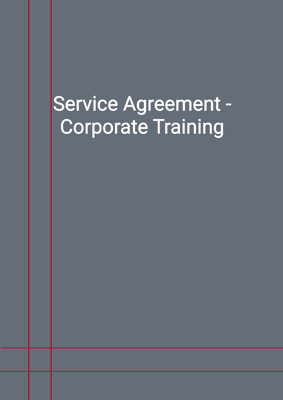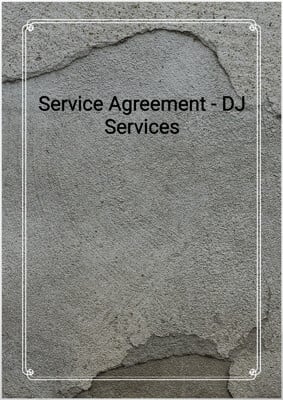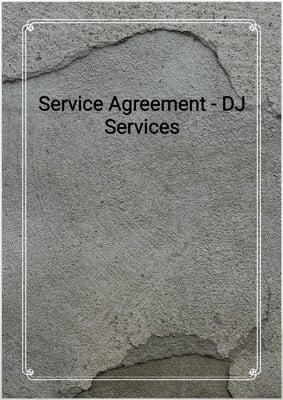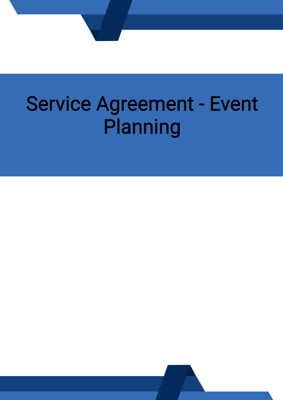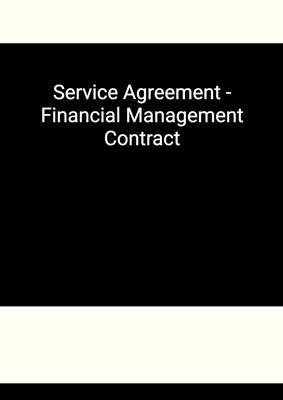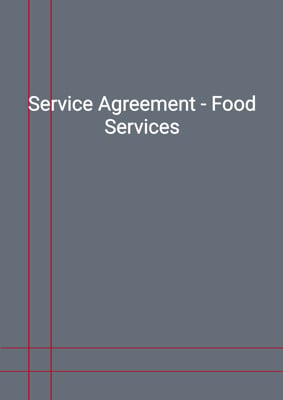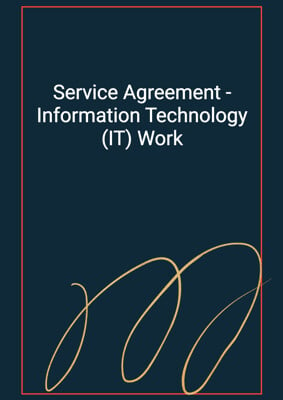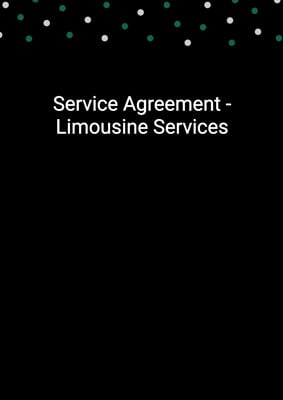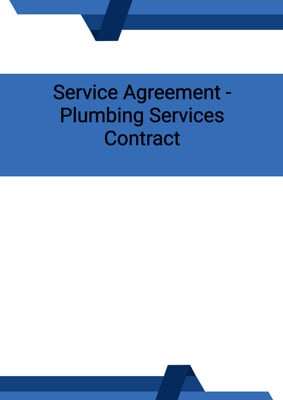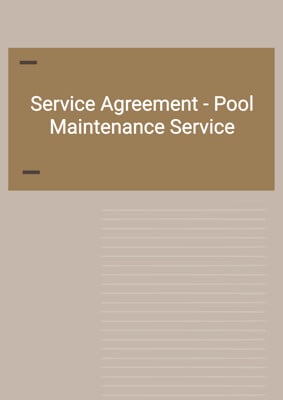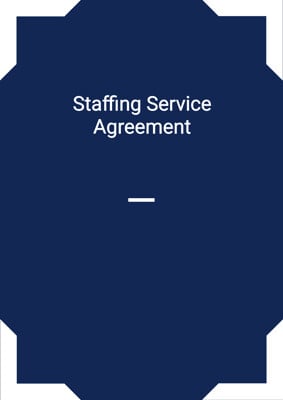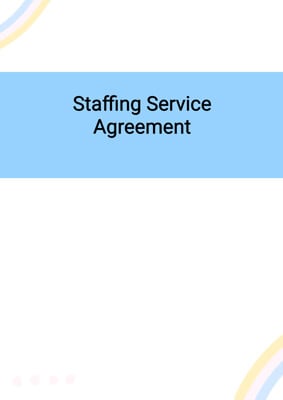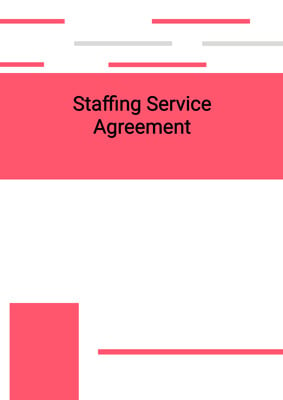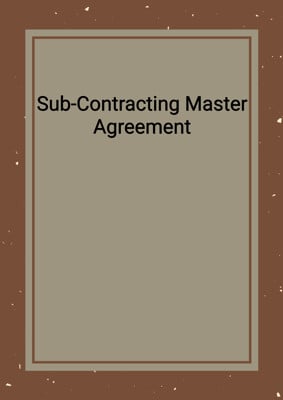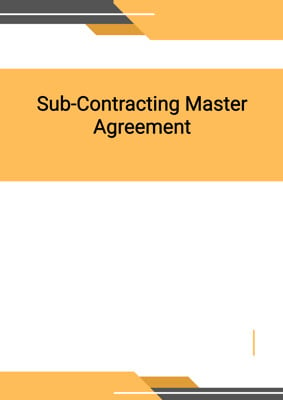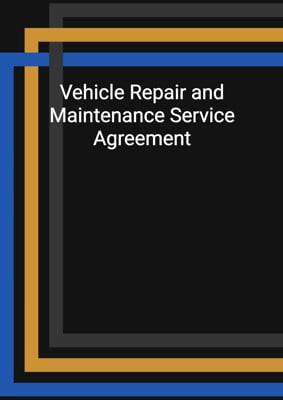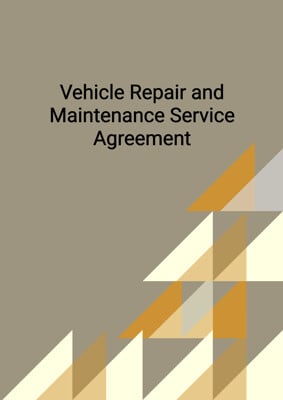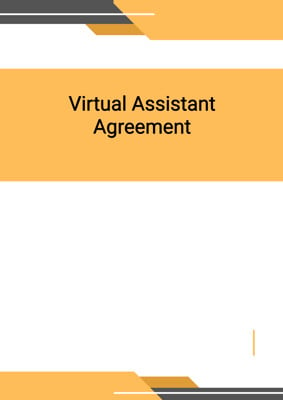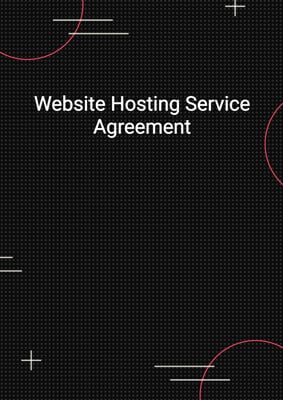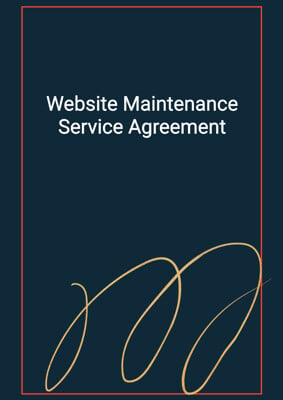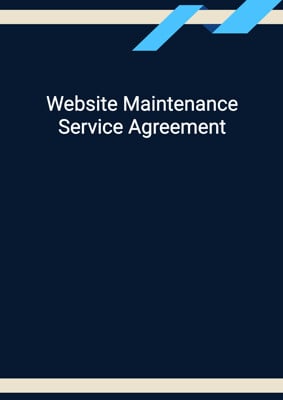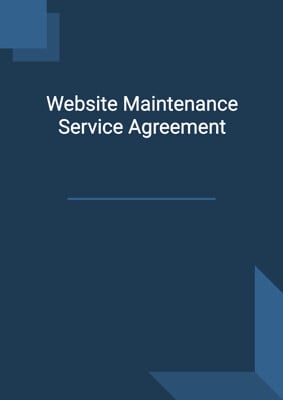How to Tailor the Document for Your Need?
01
Create Document
Fill in the details of the parties. You can click the "Fill with Member’s Information" button to complete it with information saved to your account.
02
Fill Information
Please fill in any additional information by following the step-by-step guide on the left hand side of the preview document and click the "Next" button.
03
Get Document
When you are done, click the "Get Document" button and you can download the document in Word or PDF format.
04
Review Document
Please get all parties to review the document carefully and make any final modifications to ensure that the details are correct before signing the document.
Document Preview
Document Description
This service agreement is a legally binding document that outlines the terms and conditions between the Servicer and the Customer for the provision of financial management services. The agreement highlights the importance of the document by emphasizing the need for clear identification of both parties and the scope of work.
The entire document is divided into multiple sections, each serving a specific purpose. The first section, titled 'Interpretation,' provides definitions of key terms used throughout the agreement. This ensures clarity and understanding between the parties.
The second section, 'Servicer's Obligations,' outlines the responsibilities of the Servicer in providing the financial management services. It emphasizes the need for professional and diligent service, compliance with laws and regulations, and the requirement for a separate agreement for any services outside the defined scope.
The third section, 'Completion of the Work,' highlights the importance of timely completion of the services. It mentions the completion date and allows for extensions if justified.
The fourth section, 'Independent Contractor,' clarifies that the Servicer is acting as an independent contractor and not as an employee or agent of the Customer. It states that neither party can bind or obligate the other and limits the liability of each party.
The fifth section, 'Service Fees,' specifies the payment terms and conditions. It mentions the service fee, invoicing process, late payment charges, and the reimbursement of expenses. It also addresses dispute resolution and the responsibility of the Customer to provide necessary supplies and equipment.
The sixth section, 'Licenses and Insurance,' requires the Servicer to obtain necessary licenses and maintain appropriate insurance coverage.
The seventh section, 'Warranties and Indemnities,' outlines the obligations of the Customer to report any defects in the services and the Servicer's responsibility to rectify them. It limits the liability of the Servicer and includes an indemnity clause.
The eighth section, 'Term and Termination,' specifies the duration of the agreement and the conditions for termination by either party. It also addresses the consequences of termination, including outstanding balances and ownership of materials.
The ninth section, 'Ownership of Materials,' states that the Servicer retains intellectual property rights but grants the Customer a license to use the deliverables. The license terminates upon agreement termination.
The tenth section, 'Confidential Information,' imposes obligations on the Customer to keep the agreement and any confidential information confidential. It provides exceptions to the confidentiality requirement.
The eleventh section, 'Announcements/Publicity,' requires prior approval for any announcements or disclosures related to the agreement, except where legally required.
The twelfth section, 'Amendment,' states that any changes to the agreement must be in writing and signed by all parties. It clarifies that variations do not waive other provisions of the agreement.
The thirteenth section, 'Assignment,' prohibits the Customer from assigning the agreement without the Servicer's consent.
The fourteenth section, 'Severability,' states that if any provision of the agreement is deemed illegal or unenforceable, it will be removed, and the remaining provisions will remain valid.
The fifteenth section, 'Further Assurance,' requires the parties to perform any additional acts or execute documents necessary to implement the agreement.
The sixteenth section, 'Warranty of Capacity and Power,' includes representations and warranties by each party regarding their authority and capacity to enter into the agreement.
The seventeenth section, 'Force Majeure,' relieves the parties from liability for failure or delay in performing their obligations due to circumstances beyond their control.
The eighteenth section, 'No Rights under Contracts for Third Parties,' clarifies that only the parties to the agreement have rights under it.
The nineteenth section, 'Arbitration and Proper Law,' encourages amicable resolution of disputes and specifies the jurisdiction for any legal proceedings.
The twentieth section, 'Notices and Service,' outlines the methods and timings for serving notices between the parties.
The twenty-first section, 'Counterparts,' allows the agreement to be executed in multiple counterparts, with each counterpart considered an original document.
This detailed description provides a comprehensive overview of the entire document, highlighting the importance of each section and its purpose within the agreement.
How to use this document?
To use this service agreement effectively, follow these steps:
1. Identify the parties: Enter the names and addresses of both the Servicer and the Customer in the agreement. This ensures clear identification of the parties involved.
2. Understand the interpretation: Familiarize yourself with the definitions provided in the 'Interpretation' section. This will help you understand the terms used throughout the agreement.
3. Review the Servicer's obligations: Read through the 'Servicer's Obligations' section to understand the responsibilities of the Servicer. Ensure that the services will be provided in a professional and diligent manner, complying with all applicable laws and regulations.
4. Determine the completion date: If applicable, agree on a completion date for the services. If an extension is needed, ensure that it is fair and reasonable.
5. Clarify the independent contractor relationship: Understand that the Servicer is acting as an independent contractor and not as an employee or agent of the Customer. Be aware of the limitations of liability for both parties.
6. Discuss service fees: Agree on the service fee and the payment schedule. Understand the invoicing process and the consequences of late payment.
7. Address licenses and insurance: Ensure that the Servicer has the necessary licenses and appropriate insurance coverage for providing the services.
8. Understand warranties and indemnities: Know your rights and obligations regarding reporting defects in the services and the Servicer's responsibility to rectify them. Be aware of the indemnity clause and the limitations of liability.
9. Determine the term and termination conditions: Agree on the duration of the agreement and the conditions for termination by either party. Understand the consequences of termination, including outstanding balances and ownership of materials.
10. Consider ownership of materials: Understand that the Servicer retains intellectual property rights but grants the Customer a license to use the deliverables. Be aware that the license terminates upon agreement termination.
11. Maintain confidentiality: Keep the terms of the agreement and any confidential information confidential, unless exceptions apply.
12. Seek approval for announcements/publicity: Obtain written approval from all parties before making any announcements or disclosures related to the agreement.
13. Follow the amendment process: Any changes to the agreement must be in writing and signed by all parties. Understand that variations do not waive other provisions of the agreement.
14. Ensure compliance with assignment restrictions: Do not assign the agreement or sub-contract the performance without the Servicer's consent.
15. Consider severability: If any provision of the agreement is deemed illegal or unenforceable, it will be removed, but the remaining provisions will remain valid.
16. Perform necessary acts and execute documents: Take all further acts and execute any additional documents required to implement the agreement.
17. Understand the warranty of capacity and power: Represent and warrant that you have the authority and capacity to enter into and carry out your obligations under the agreement.
18. Be aware of force majeure: Understand that neither party will be liable for failure or delay in performing obligations due to circumstances beyond their control.
19. Remember third-party rights: Understand that only the parties to the agreement have rights under it, and third parties cannot enforce its terms.
20. Follow the specified notice and service procedures: Serve notices in the prescribed manner and within the specified timeframes.
21. Execute counterparts: The agreement can be executed in multiple counterparts, with each counterpart considered an original document.
By following these steps, you can effectively use this service agreement and ensure compliance with its terms and conditions.
Not the right document?
Don’t worry, we have thousands of documents for you to choose from:
